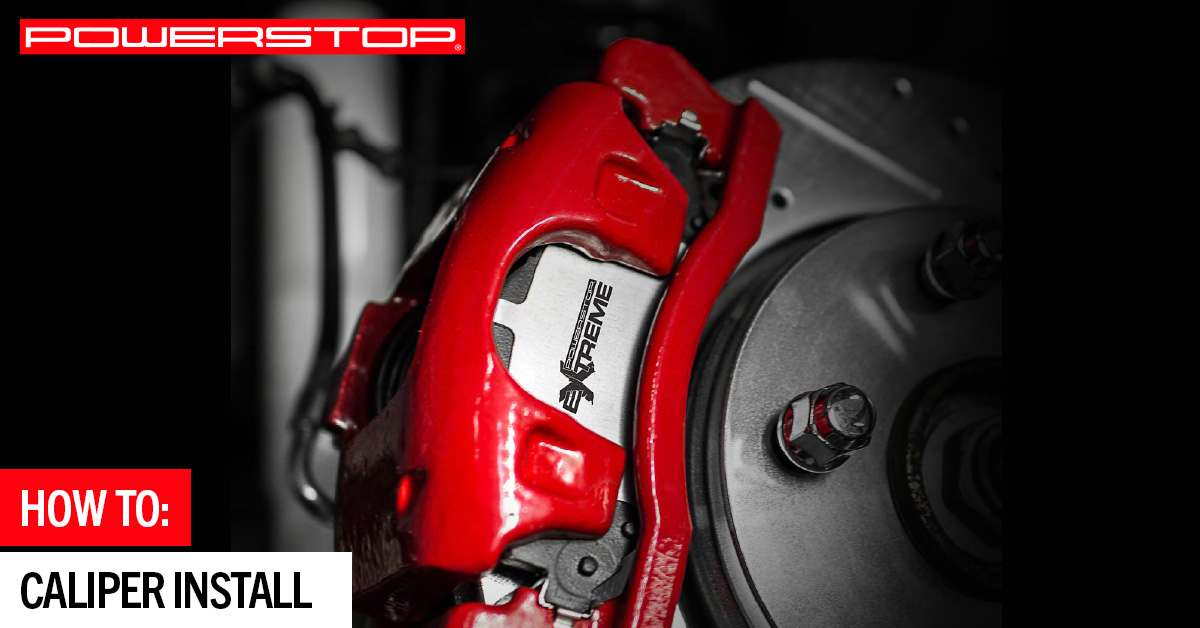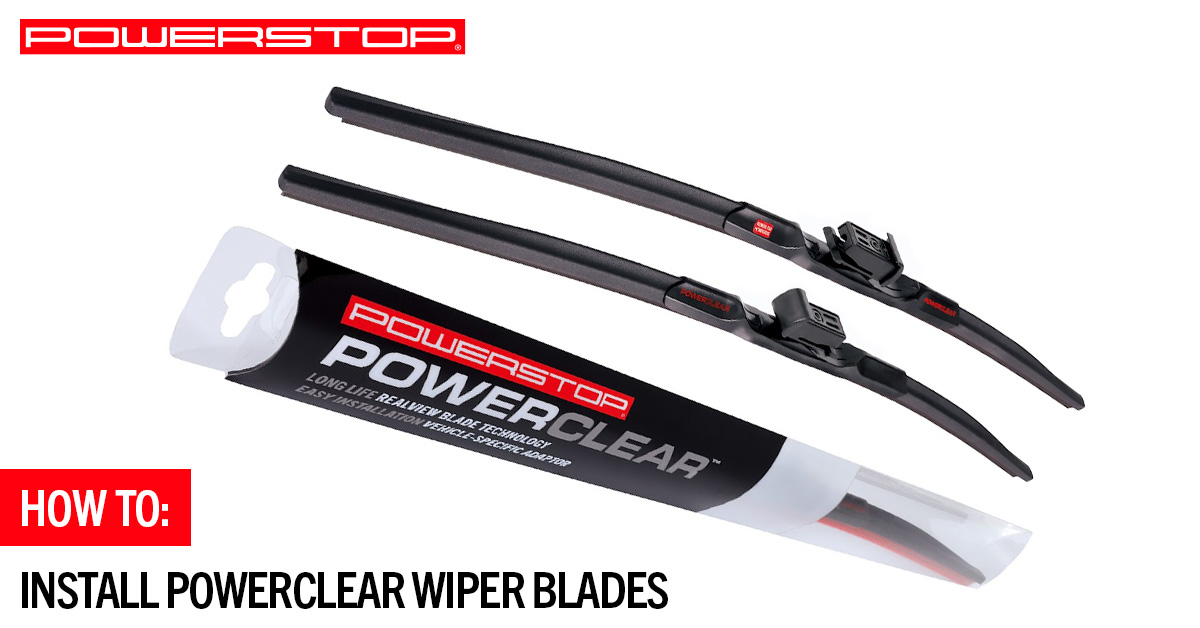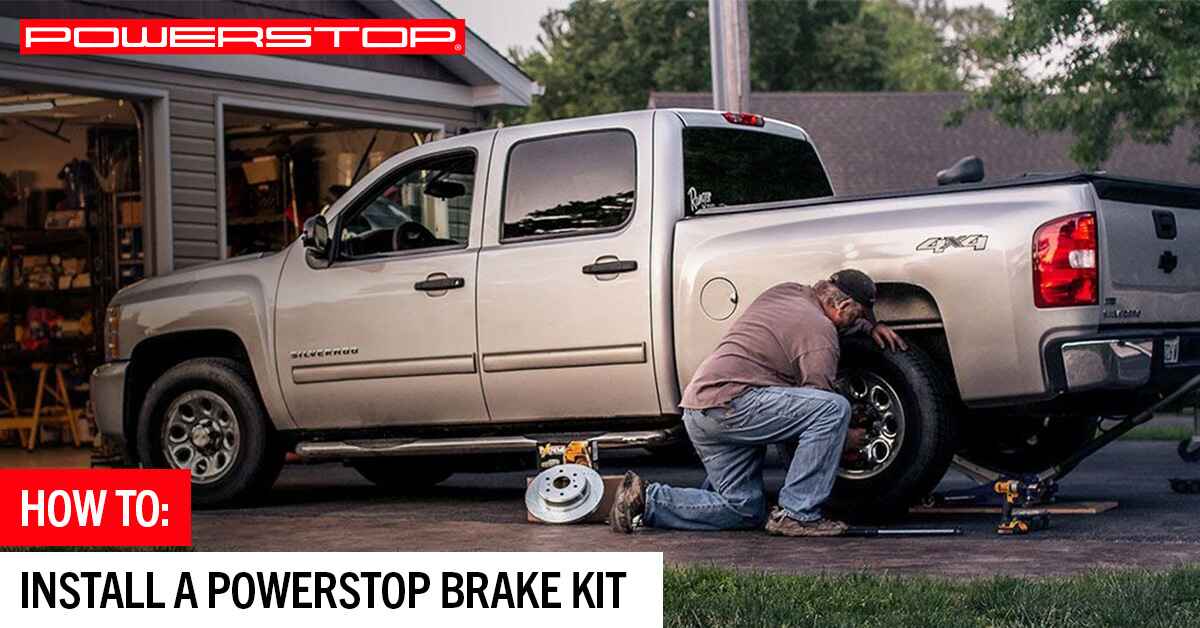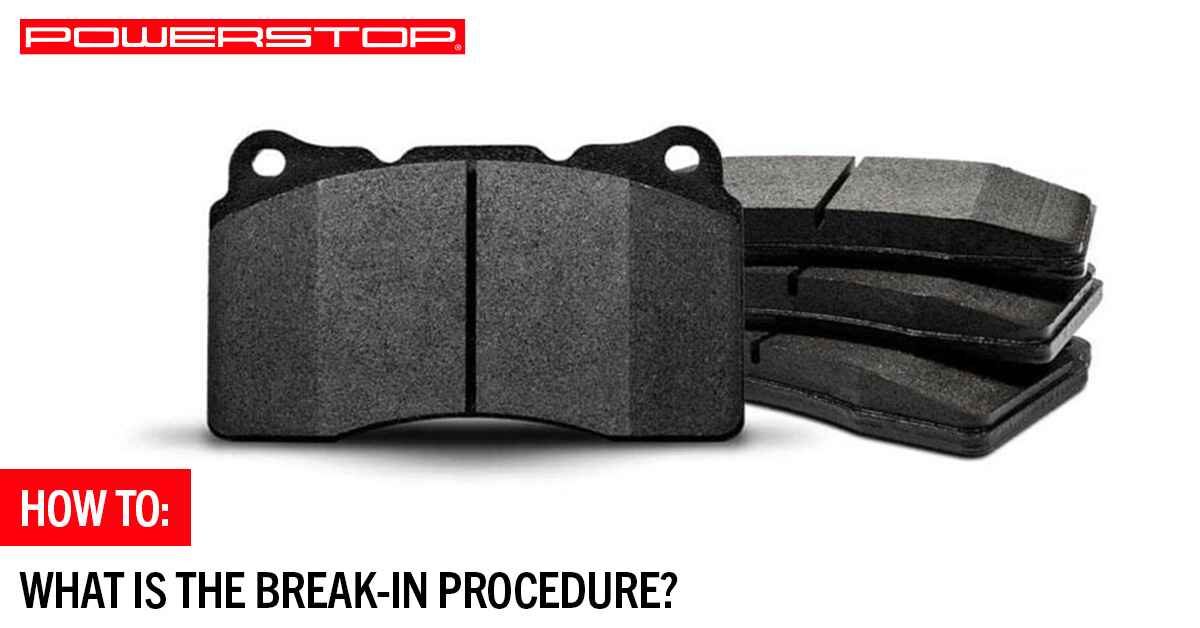
Brake Caliper Install Tips & Tricks
Installing a brake caliper on your vehicle? You’ve come to the right place.
Brake calipers are very important to a vehicle’s brake system as brake fluid flows to the piston(s) in the caliper to press the brake pads onto the rotor.
If you are preparing to install a new brake caliper, read this comprehensive guide of helpful tips to ensure you get the job done right. First, we discuss what a brake caliper is, what happens when a caliper goes bad, and the consequences of driving with a bad caliper.
What Is a Brake Caliper?
The brake caliper is the hydraulic component of the disc brake system. Brake calipers compress the brake pads on the rotor surface to stop a vehicle.
The brake caliper houses your car’s brake pads and pistons. Its job is to slow the car’s wheels by creating friction with the brake rotors. The brake caliper fits like a clamp on a wheel’s rotor to stop the wheel from turning when you step on the brakes.
A brake caliper fits like a clamp on a wheel’s rotor to stop the wheel from turning when the brakes are engaged. When the brake pedal is pressed, brake fluid creates pressure on pistons inside the brake caliper, forcing the pads against the brake rotor and slowing your vehicle.
What Happens When a Brake Caliper Goes Bad?
Brake calipers are crucial components of modern disc brake systems. Over time, brake calipers are exposed to the intense heat created by braking and can eventually fail. Caliper failure interferes with a vehicle’s ability to stop and negatively affects its safety and handling.
When calipers go bad, vehicles typically display telltale signs such as:
Brakes Feel Engaged While Driving
Grimy brake calipers can get stuck and make it feel as though the brakes are always engaged, even when your foot is off the brake pedal. It may feel as though the parking brake is left on, or the vehicle is working harder to go fast and dragging at speed.
Vehicle Pulling
Calipers are exposed to extreme heat from braking, which can sometimes cause caliper pistons to seize. When a caliper piston seizes, it cannot automatically retract, which causes the wheel to drag. This, in turn, causes the vehicle to veer toward the side of the affected caliper.
Abnormal Sounds When Braking
Loose, sticking, or binding brake calipers can create high-pitched noises, sudden thudding, or impact sounds when the brakes are applied. A brake caliper in this condition is not able to stop a vehicle properly and can lead to premature brake wear.
Reduced Braking Power
Although it can also be a sign of leaking brake fluid, reduced braking power can signify a bad brake caliper. When it feels as though extra effort is needed to brake and come to a complete stop, it may mean that the caliper sliders have become stuck due to dirt and grime buildup. The brakes may feel spongy when engaged and the caliper will not be able to fully clamp down.
Brake Fluid Leaks
Brake fluid leakage is one of the most common signs of a bad or failing caliper. A brake caliper uses brake fluid pressure from the pedal and master cylinder to extend the piston and slow the vehicle. A rubber seal and boot prevent the fluid from leaking out. Over time, constant exposure to the intense heat created by braking causes these seals to wear out and leak.
Can I Drive With a Bad Brake Caliper?
You should not drive with bad brake calipers. If you notice any of the signs listed above, you may have a serious problem that requires immediate brake repair. Below are some potential consequences of driving with bad calipers.
Unusual Brake Pedal Behavior
When a caliper sticks, the brake pedal may not come all the way back up after it is released. Drivers usually grow accustomed to applying brake pedal pressure in a certain way, and when a brake pedal does not respond in the way it is expected to, mistakes can occur.
Inferior Stopping Ability
Bad calipers can cause performance problems to worsen when an emergency stop is performed. If the brakes need to be “slammed” in order to avoid a collision, the vehicle may pull sharply to one side and possibly cause a wreck. The vehicle will also take longer to come to a stop.
Impaired Performance
In many cases, only one caliper will go bad at a time. This will cause one wheel to be affected more than the others and lead to your vehicle pulling to the left or right as it is driven. This condition makes it much more difficult to control the vehicle.
Decreased Efficiency
When you’re driving with the brakes even slightly engaged, your vehicle needs to work harder to increase and maintain speed. The lack of acceleration is one of the most common signs of sticking calipers. This means your vehicle will have to use more fuel than it used to, so expect to fill your tank more frequently.
Brake Pad Wear
When calipers stick, the brake pads are in constant use and wear down faster. Worn brake pads prevent proper braking pressure in emergencies. Additionally, when the pad wears away, backing plates begin to make contact with rotors. If that metal-on-metal contact persists, the rotors may need to be replaced as well.
Overheated Bearings
Brake pads are in constant contact with wheel rotors when calipers push down all the time. This contact causes friction, and friction causes excess heat. Extreme heat is one of the most significant factors that contribute to wheel bearing damage.
Transmission Wear
Sticking calipers place stress on a transmission system because they affect the speed of a vehicle relative to its wheels. A transmission system is one of the most expensive and important components of a vehicle. Anything that causes excess wear on the transmission, including sticking calipers, should be considered a serious problem.
Unpleasant Sounds and Smells
If a vehicle with sticking calipers is driven consistently, unpleasant sounds and smells will begin to emerge. Over time, constant braking will produce a grinding or howling sound. Additionally, excess heat can cause braking components to burn, producing a foul odor.
Brake Caliper Installation Tips
- Double-check the caliper guide pins for proper torque. It’s important to tighten the caliper guide pin slide bolts to your vehicle’s recommended torque specification before completing the installation.
- If your kit doesn’t include a caliper bracket, be sure to clean the original bracket thoroughly with brake parts cleaner and lubricate the guide pins with hi-temp caliper grease.
- Use a brass wire brush and brake parts cleaner to remove any rust and brake pad residue from the bracket. Also, install new abutment clips if necessary.
- Some applications call for replacing the brake hose-to-caliper crush washer. A new crush washer creates a tight seal that prevents leaks. Your vehicle’s service manual should explain when to do this.
- Check the rubber dust boots that cover the base of the guide pins. Dust boots allow lubricant to escape and debris to enter the system if damaged or unsecured. This can lead to premature wear of the guide pins.
- Use high-temp grease to lubricate the abutment clips in the areas where the brake pad backing plate makes contact.
- Bleed your brake lines according to your vehicle’s service manual. Brake calipers have small orifices within them that can get clogged by debris that has accumulated in the system. Poorly maintained brake fluid absorbs moisture from the atmosphere. Over time, this causes rust to form. Bleeding the brake lines prior to installing new calipers removes the accumulated water and debris, which ensures proper function and maximum performance from your brakes.
- Check your car’s service manual for the recommended torque specifications and double-check all fasteners. Be sure to pay special attention to bolts that call for thread-locker. Hi-temp thread locker fluid or paste is often used on these critical fasteners to ensure they do not back out due to the extreme stresses that brakes are subject to. Excessive heat, vibration, and torque can cause caliper bolts to come loose if they are not properly treated and torqued before use.
PowerStop supplies all hardware and brake lubricant with each caliper and brake kit where applicable.
HAVE A QUESTION? POWERSTOP CAN HELP
At PowerStop, we strive to provide top-quality performance brakes for every vehicle on the road. If you have a question regarding any of our products, contact us today online or toll-free at (888) 863-4415. Our customer service team is available to answer your questions Monday through Friday from 8 a.m. to 5 p.m. (CST). Se habla español.
Back



